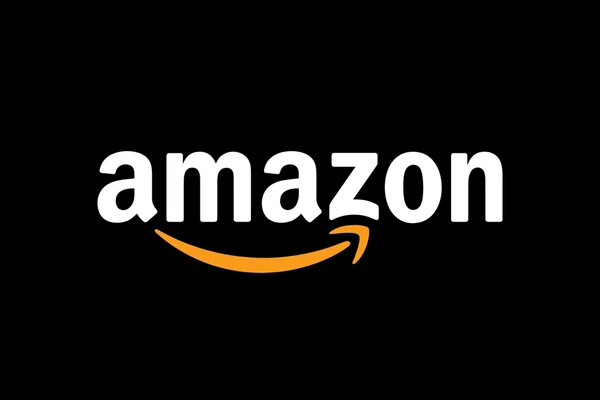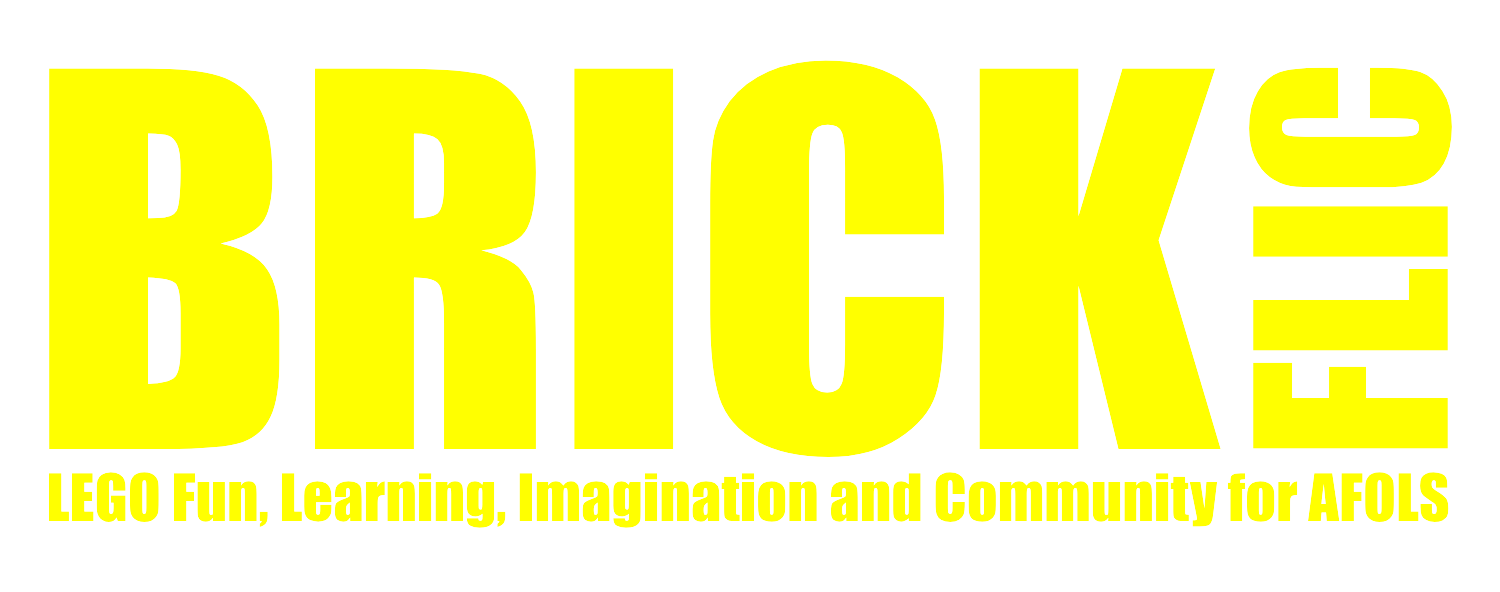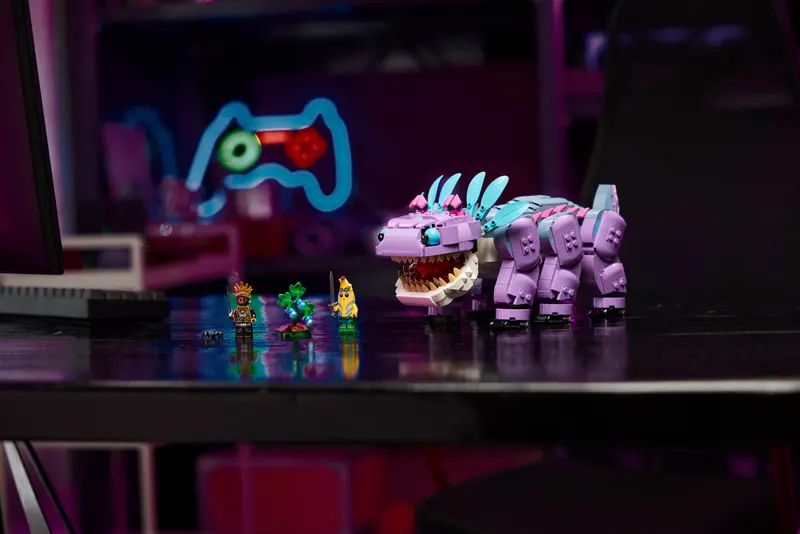LEGO Group Supports New Carbon Removal Efforts in Expansion to Sustainability Pledge
Today, the LEGO Group’s sustainability pledge took another step forward as the company announced a DKK 19 million commitment towards four carbon removal projects in partnership with Climate Impact Partners and ClimeFi.
Table of Contents
LEGO Group Sustainability Effort Expansion
The initiatives will support biochar, enhanced rock weathering, and reforestation and deliver carbon removal credits between 2024 and 2026. They will expand the company’s portfolio of carbon removal initiatives, which includes a partnership with Climeworks’ direct air capture and storage solution. By building this portfolio, the LEGO Group is developing its understanding of emerging carbon removal and climate mitigation approaches beyond its value chain and how best to support them.

KIRKBI, the family-owned holding and investment company behind the LEGO® brand, has also made commitments valued at DKK 5 million with the same initiatives.
Annette Stube, Chief Sustainability Officer at the LEGO Group, said: “We are proud to support these climate initiatives, which we believe will have a positive impact on the wider environmental ecosystem. Innovative, high-quality carbon removal projects and emerging technologies have the potential to play an important role in supporting a more sustainable future, while reforestation has the potential to improve biodiversity. These partnerships allow us to build our understanding of new technologies and practices to support a healthy planet for future generations.”
In partnership with ClimeFi, the LEGO Group supports two biochar initiatives and one enhanced rock weathering solution.
Biochar
Biochar is a byproduct of the pyrolysis process where biomass (like wood chips, agricultural residues, or even food waste) is heated to high temperatures (typically between 350–700°C) in the absence of oxygen, where it undergoes thermal decomposition. In addition to the carbon-rich biochar, pyrolysis produces two additional products: Bio-oil: A liquid that can be refined into useful chemicals and Syngas (synthetic gas): A mixture of gases that can be used for energy production.
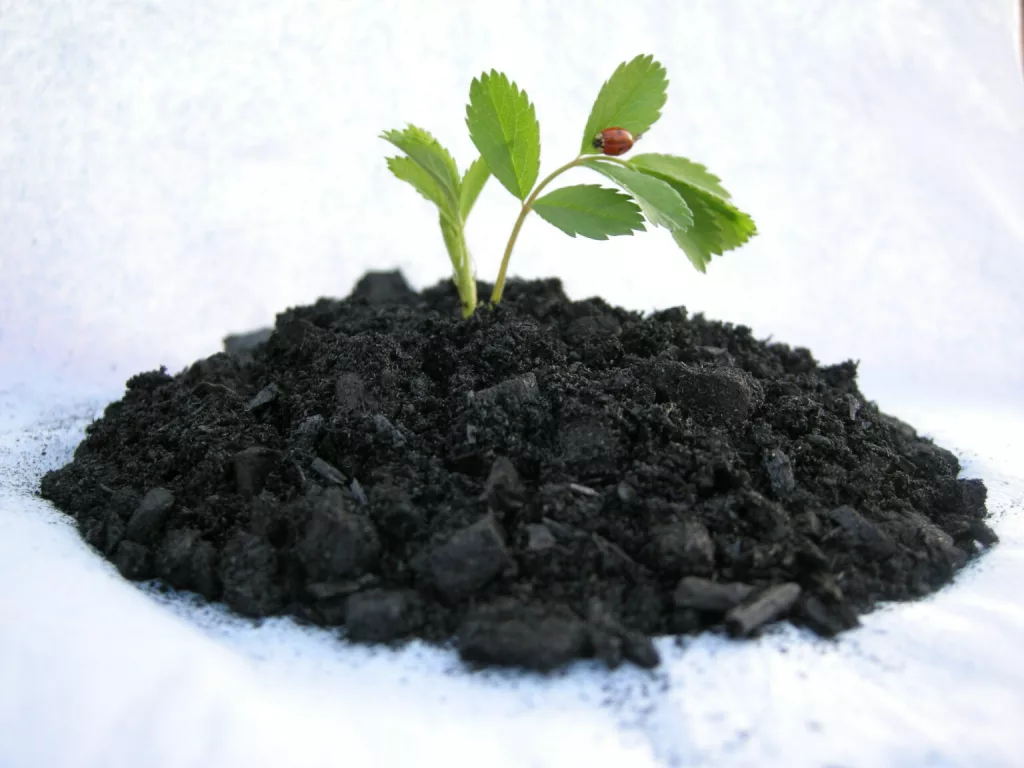
The biochar that’s produced has a unique structure that’s rich in carbon. When it is added to soil, the carbon in the biochar is stable for hundreds to thousands of years. This means that the carbon is essentially “locked away” in the soil, preventing it from re-entering the atmosphere as CO2. Biochar can be considered a form of negative emissions technology (NET). When produced and used at scale, it can help reduce the concentration of greenhouse gases in the atmosphere, helping to combat global warming.
Enhanced Rock Weathering
Enhanced rock weathering taps into the Earth’s natural carbon cycle, allowing carbon dioxide to cycle harmoniously between air, water, and soil. Volcanic rock plays a fascinating role by naturally capturing atmospheric CO2 and converting it into a solid form. Much like a thermostat, rock weathering can gradually regulate Earth’s temperatures over geological timescales, helping to control atmospheric CO2 levels, a significant greenhouse gas.
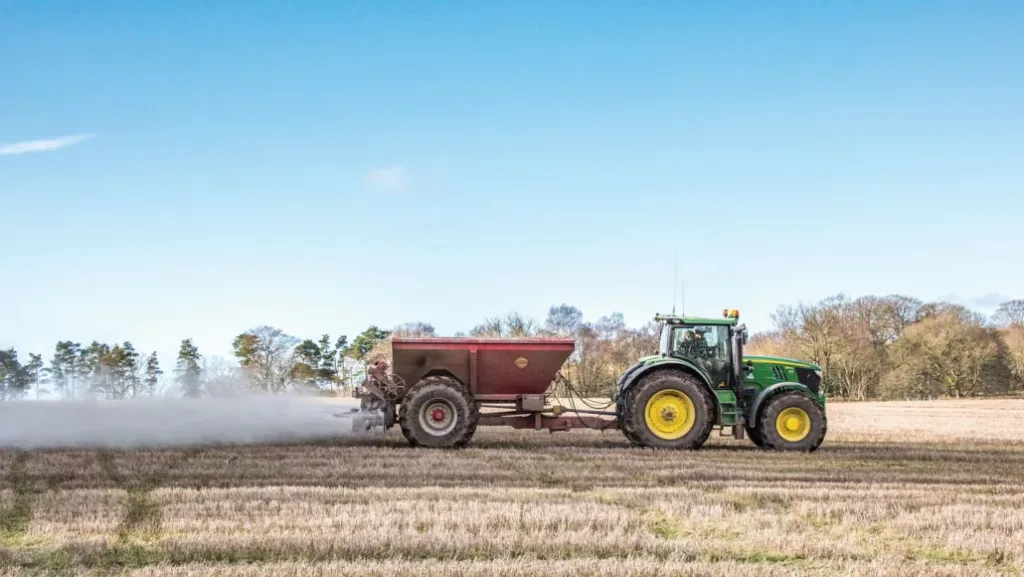
In the past two decades, scientists around the globe have passionately explored ways to speed up this weathering process as a promising climate solution. By grinding volcanic rock into fine powder, we can maximize its surface area for CO2 capture. Although this rock dust can be spread anywhere, it’s often targeted at croplands, where it not only contributes to carbon management but also enhances crop productivity.
Paolo Piffaretti, Co-Founder and CEO at ClimeFi, said: “We’re excited to partner with the LEGO Group on this robust and durable carbon removal portfolio.
“The projects were carefully chosen based on ClimeFi’s strict quality standards and underwent thorough technical review. The LEGO Group’s early adoption of these high-quality carbon removal solutions will help catalyse the growth of the Carbon Dioxide Removal industry and help achieve our shared climate goals.”
Reforestation in Lower Mississippi Alluvial Valley
The LEGO Group has partnered with Climate Impact Partners to purchase carbon credits in support of the large-scale reforestation project in the Lower Mississippi Alluvial Valley (USA).
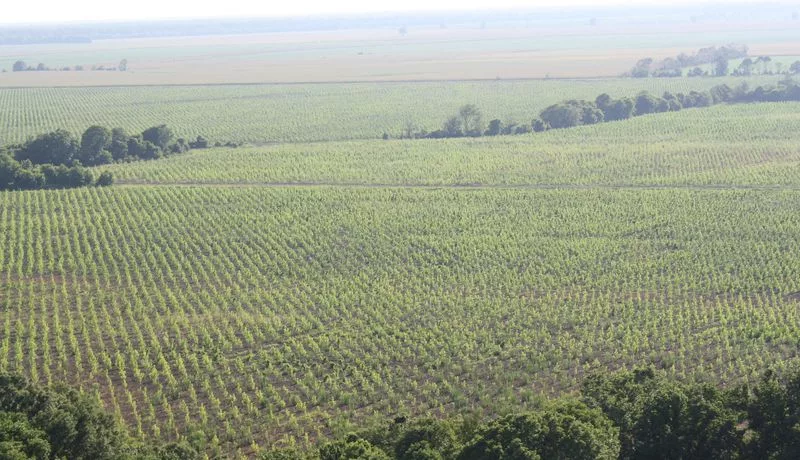
The project is being developed and managed by the GreenTrees platform and aims to reforest more than 400,000 hectares (one million acres) in a region that has experienced significant deforestation. Reforestation seeks to enhance biodiversity, restore ecosystems and remove carbon from the atmosphere. The project also aims to enhance flood protection, protect against hurricanes and flood damage, and improve water quality in the Mississippi River by reducing nutrient run-off.
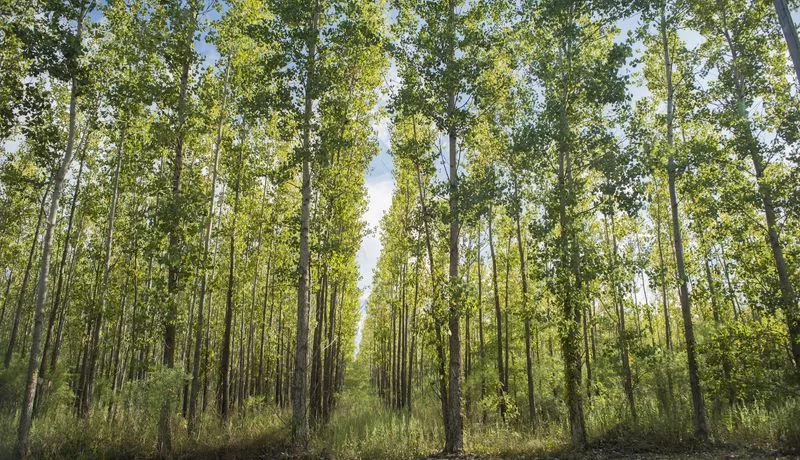
Sheri Hickok, CEO of Climate Impact Partners, said: “We are proud to partner with the LEGO Group on its climate action ambitions, helping to turn them into tangible impact. This is a leading example of how the private sector can drive real impact—taking steps to reduce value chain emissions and simultaneously channelling finance to solutions, like reforestation, that deliver beyond value chain impact.”
A holistic approach to sustainability
The LEGO Group remains dedicated to reducing greenhouse gas emissions within its value chain, focused on minimising the carbon footprint at every stage. The company’s efforts to explore solutions outside its value chain align with its goal of supporting the global transition to net zero.




